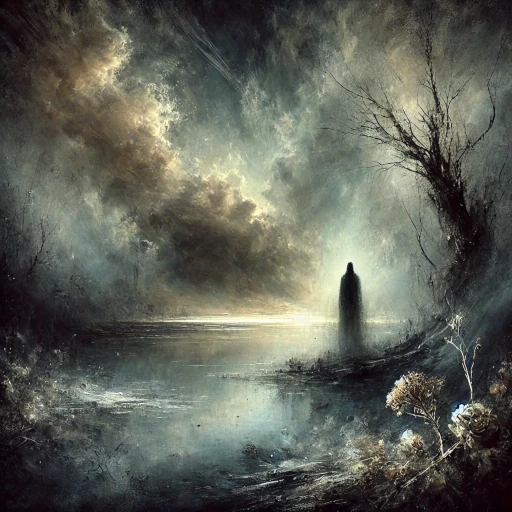“There is no lonelier man in death, except the suicide, than that man who has lived many years with a good wife and then outlived her. If two people love each other there can be no happy end to it.”

- July 21, 1899 – July 2, 1961
- American
- Novelist, poet, journalist
table of contents
Quote
“There is no lonelier man in death, except the suicide, than that man who has lived many years with a good wife and then outlived her. If two people love each other there can be no happy end to it.”
Explanation
In this quote, Hemingway explores the theme of loss and the inevitability of separation in human relationships, particularly in love and marriage. The first part of the quote, “There is no lonelier man in death, except the suicide, than that man who has lived many years with a good wife and then outlived her,” reflects the profound emptiness and loneliness that comes when someone loses a lifelong partner, especially someone they truly love. To outlive a beloved spouse is to face the ultimate isolation, where the person has not only lost their partner but has also been deprived of the companionship and shared life they built together. Hemingway compares this loss to the loneliness of suicide, a tragic, final act of despair, suggesting that the grief of outliving a loved one is one of the deepest forms of human suffering.
The second part of the quote, “If two people love each other there can be no happy end to it,” introduces Hemingway’s more fatalistic view of love. He suggests that true love—the kind that involves deep attachment and commitment—inevitably ends in pain and loss because one person will eventually be left behind. For Hemingway, love, despite its beauty, is marked by an inherent sadness: there is no happy ending when two people are deeply connected, because life ends and death separates them, leaving one to deal with the emptiness of living without the other. This perspective ties into Hemingway’s recurring theme of the fragility of happiness and how love often involves sacrifice and eventual sorrow.
In the modern context, this quote speaks to the universal human experience of loss and the transitory nature of relationships. Whether it’s the death of a spouse, a loved one, or even the end of a deep romantic connection, the pain of separation is something everyone must face eventually. Hemingway’s perspective suggests that the depth of love is often inseparable from the inevitable sorrow of parting, whether through death, time, or circumstances. In modern relationships, this might also be seen as a reminder of the impermanence of human connections, yet it also underscores the importance of cherishing those bonds while they last.
Would you like to share your impressions or related stories about this quote in the comments section?






